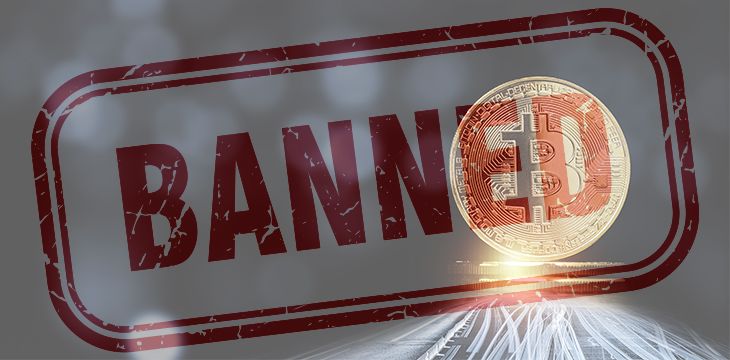|
Getting your Trinity Audio player ready...
|
Digital currency firms in Nigeria will now face a challenge that’s common in many other developing nations—the lack of basic banking services. This is after the Central Bank of Nigeria issued a circular that restricts all banks from offering services to firms dealing with digital currencies.
Nigeria has been one of Africa’s leading digital currency destinations. With a failing economy, an inflationary currency and an expensive financial system, Nigerians have turned to digital currencies in their millions.
The budding industry has, however, received one of its biggest impediments to date, with the banking regulator taking a stand against it. In its circular, the watchdog referred to a prior one in January 2017 when it cautioned investors and financial institutions against the risks of investing in digital currencies.
It added, “Further to earlier regulatory directives on the subject, the Bank hereby wishes to remind regulated institutions that dealing in crypto currencies or facilitating payments for crypto currency exchanges is prohibited.”
“Accordingly, all DMBs (deposit money banks), NBFIs (non-bank financial institutions) and OFIs (other financial institutions) are directed to identify persons and/or entities transacting in or operating crypto currency exchanges within their systems and ensure that such accounts are closed immediately.”
The regulator reminded financial institutions that breaching the directive would attract severe regulatory sanctions.
Nigeria becomes the latest country with banking restrictions for the digital currency industry. India was one of the most prominent, having prohibited banks from servicing digital currency firms in April 2018. The Supreme Court later overturned this ban, leading to a surge in digital currency adoption.
In Brazil, digital currency firms have been engaged in legal battles with banks for several months. The country’s banks have denied the industry basic services for years now, with some companies taking their banks to court. JPMorgan, the largest bank in the U.S., also grabbed the headlines when it shut down the account of a blockchain startup arbitrarily.
The ban in Nigeria is already affecting some companies which have already suspended deposits. Luno, one of the largest P2P trading platforms in Nigeria, said in its statement:
“In light of this [the ban], Luno is pausing Naira deposits while we seek further clarity from the authorities. Withdrawals will continue to be processed, but may take longer than usual.
BuyCoins, yet another popular trading platform, will continue offering all its services despite the circular. The exchange, however, pledged to work with regulators to find an amicable solution.
https://twitter.com/buycoins_africa/status/1357689779937247233
See also: CoinGeek Live panel, Digital Currency & Global Compliance: Tools & Tips for Exchanges, Wallets & Other Service Providers

 03-03-2026
03-03-2026 




